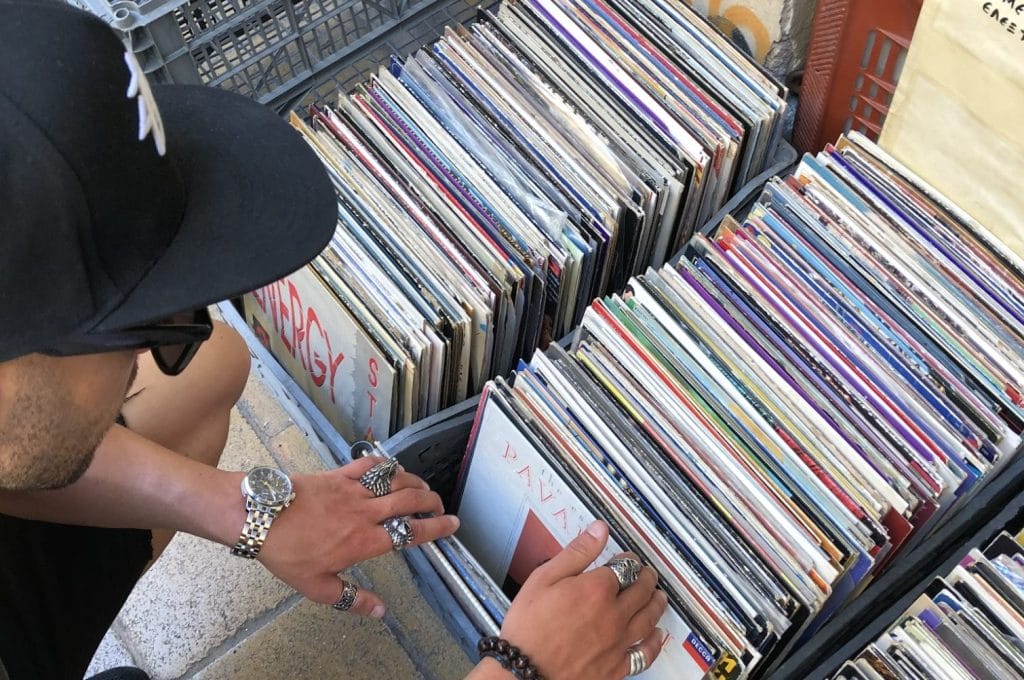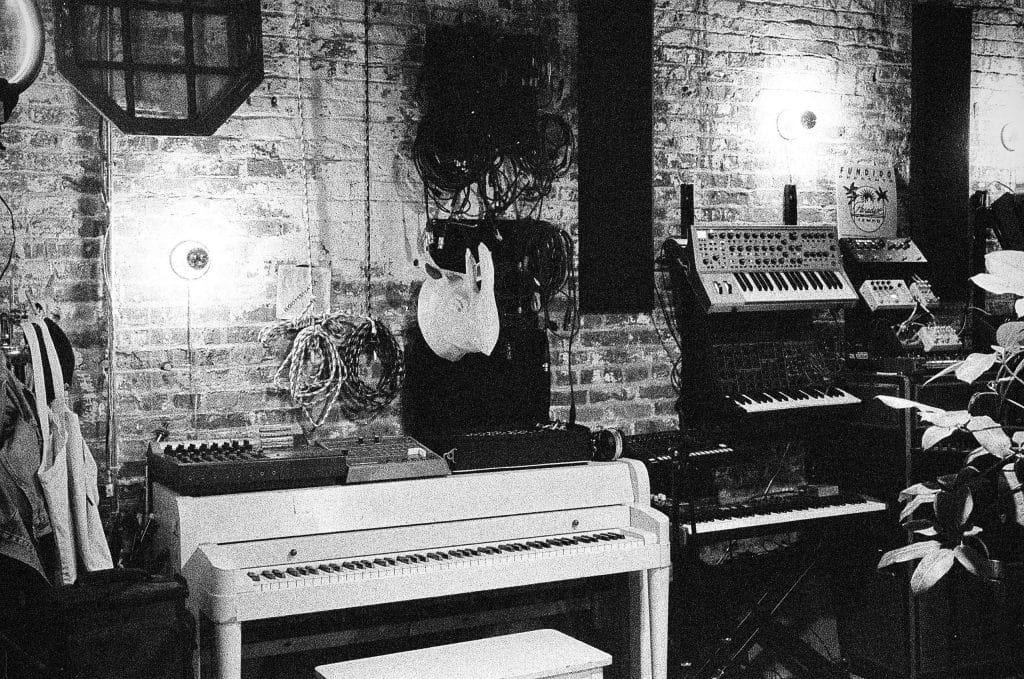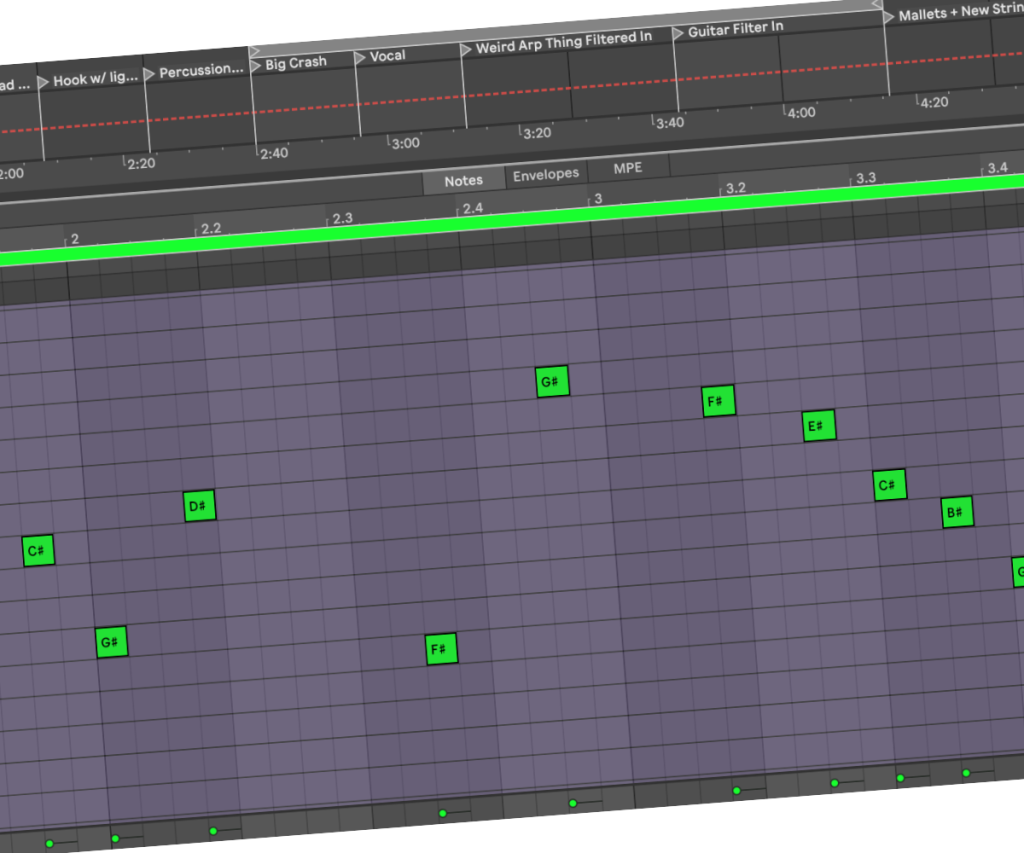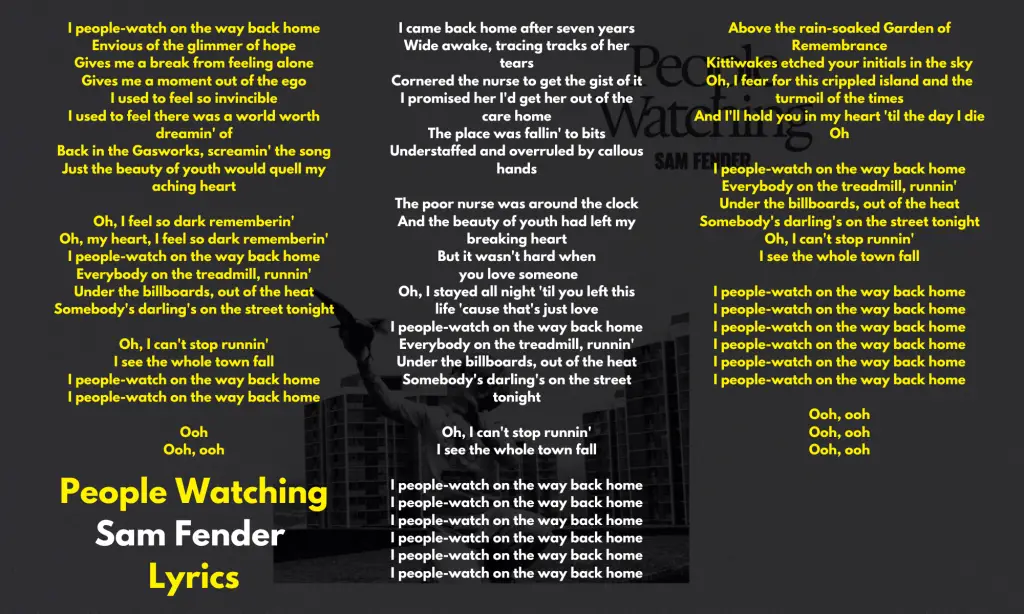Table of Contents
Image C/O Universal Music
What really draws me into Sam Fender’s “People Watching” is how it balances the personal with the universal. From the quiet heartbreak of a loved one’s decline to the relentless grind of urban life, these lyrics feel like a mosaic of modern living. For me, this song is a good excuse to stretch the literary comparisons and explore what timeless ideas about love, loss, and connection can teach us about its deeper meaning.
Now, I’m not here to say this is the definitive way to interpret these lyrics. These are just my thoughts as someone who’s spent way too much time with both Sam Fender’s music and some old-school literature. I want to break down what makes this song hit so hard by exploring how it blends personal loss with bigger societal questions.
Along the way, I’ll connect it to some classic themes and stories that still feel relevant today. Let’s see how deep we can go with these lyrics and the truths they reveal.
Sam Fender People Watching Lyrics and Meaning at a Glance
- Time hits hard: The song aches with nostalgia for the days when life felt invincible, simple, and full of possibility.
- Modern life is messy: The treadmill of routine and those left behind by society show just how broken the world can feel.
- Love shows up, even in loss: The song is about sticking around for the people you love—even when it hurts.
People Watching Lyrics
Sam Fender People Watching Meaning
“I people-watch on the way back home / Envious of the glimmer of hope”
The song opens with the speaker observing the world around them, focusing on others who seem to have a “glimmer of hope.” These lines set up a mood of detachment and longing. The act of people-watching reflects both curiosity and envy, as the speaker feels separate from those who appear hopeful or content. This paints a picture of someone lost in their own head while seeking connection by looking outward.
This longing reminds me of Louis MacNeice’s Autumn Journal, where he reflects on disillusionment and shifting ideals. MacNeice writes, “The days tick by like a scratch on a gramophone record,” capturing the monotony and frustration of watching time pass while feeling stuck. In both the song and the poem, the speaker’s observations of others reflect their internal struggles with their own hopes and dreams slipping away.
The phrase “out of the ego” is key here. By watching others, the speaker briefly escapes their own thoughts and self-judgment. This fleeting relief highlights how self-awareness can become overwhelming, making the act of observing others both a comfort and a reminder of their own emptiness.
“I used to feel so invincible / I used to feel there was a world worth dreamin’ of”
These lyrics dive deeper into the speaker’s feelings of nostalgia. They recall a time when they felt “invincible,” a sharp contrast to their current state. This contrast suggests a loss of faith—not just in themselves, but in the world’s possibilities. The phrase “a world worth dreamin’ of” is heartbreaking; it implies that the speaker no longer believes in those dreams.
This sense of longing is echoed in Patrick Kavanagh’s The Great Hunger, where he writes about lost potential and the monotony of rural life: “Clay is the word and clay is the flesh.” The word “clay” symbolizes stagnation, much like the song’s repeated focus on the speaker’s inability to recapture the joy and freedom of youth. Both the song and Kavanagh’s poem show how looking back can be both comforting and painful.
The memory of the Gasworks and “screamin’ the song” serves as a bittersweet anchor. It reminds the speaker of when life felt more vibrant and connected. Yet, the repeated refrain, “I feel so dark rememberin’,” reveals how memories can sharpen the pain of what’s been lost. Nostalgia, in this context, isn’t just about longing—it’s about grappling with how much has changed.
“Everybody on the treadmill, runnin’ / Under the billboards, out of the heat”
This imagery shifts from personal reflection to a broader critique of society. The “treadmill” suggests endless, repetitive effort with no real progress. It’s a powerful metaphor for the grind of modern life, where people chase goals that feel increasingly unattainable. The mention of billboards adds another layer, pointing to the pressures of consumerism and appearance.
Here, the lyrics reminded me of Charlotte Mew’s The Cenotaph. In that poem, she writes about the tension between public monuments and personal grief: “Their feet are heavy on the ground.” Like the speaker in the song, Mew’s characters navigate a world that seems disconnected from their struggles. Both works capture the weight of societal expectations and how they overshadow individual lives.
The line “Somebody’s darling’s on the street tonight” adds a haunting image. It forces us to think about the people who are left behind or ignored in this system. The lyrics make a quiet but sharp critique of a world that’s too focused on the surface to notice the pain underneath.
“I came back home after seven years / Wide awake, tracing tracks of her tears”
This section brings a deeply personal narrative into the song. The speaker returns home after years away and is immediately confronted with the reality of caring for a loved one in a care home. The image of “tracing tracks of her tears” conveys a moment of quiet but overwhelming grief, as the speaker takes in the emotional weight of the situation.
This intimate scene reminds me of The Cenotaph, where Charlotte Mew writes about mourning loved ones lost in war. She reflects on grief in personal terms, saying, “Theirs is the hard old heart of earth.” The shared theme here is the raw, unflinching look at love and loss. In the song, the speaker’s vigil—“I stayed all night ’til you left this life ’cause that’s just love”—feels like a testament to the enduring power of love, even in the face of death.
The description of the care home—“fallin’ to bits, understaffed and overruled by callous hands”—adds another layer to this grief. It highlights systemic neglect and a sense of helplessness, turning the personal story into a critique of societal failures. The love and care the speaker shows in this moment stand in stark contrast to the cold, uncaring world around them.
“Above the rain-soaked Garden of Remembrance / Kittiwakes etched your initials in the sky”
These lyrics take the song into a more symbolic and reflective space. The “Garden of Remembrance” suggests a place tied to honoring the past, while the kittiwakes—seabirds often associated with coastal life—introduce a connection to nature. The idea of these birds “etching initials in the sky” creates a sense of permanence, as if the speaker’s love and memories are being written into the world itself.
This section reminded me of Patrick Kavanagh’s descriptions of Irish landscapes in The Great Hunger. Kavanagh writes, “The hungry are always hungry,” using physical places to explore emotional and spiritual hunger. In the same way, the Garden of Remembrance and the kittiwakes in the song serve as symbols of both personal grief and a broader sense of loss.
The line “I fear for this crippled island and the turmoil of the times” ties the speaker’s personal sorrow to societal decay. It suggests that their grief is not just about losing a loved one—it’s also about watching the world they know change and crumble. This connection between personal and collective loss gives the song its emotional depth.
“I’ll hold you in my heart ’til the day I die”
By the end of the song, the speaker’s journey feels complete. This final line is a declaration of enduring love, despite all the pain and loss described earlier. It’s simple but incredibly powerful, tying together the themes of memory, connection, and resilience.
Louis MacNeice’s Autumn Journal ends on a similar note, offering hope amid turmoil: “Sleep to the noise of running water; tomorrow to be crossed, however deep.” Both the song and MacNeice’s poem acknowledge life’s hardships but find meaning in carrying love and memory forward. For me, these lyrics remind us that even when everything feels broken, the connections we hold in our hearts give us strength.
Lemme Connect All The Dots
At its heart, “People Watching” is about the push and pull between feeling disconnected and deeply empathetic. The repeated act of observing others, like the “treadmill” runners and those “under the billboards,” paints a picture of a world stuck in endless motion but lacking meaning. The speaker isn’t just a passive observer, though—they’re wrestling with their own disillusionment and grief through what they see.
This reminds me of Louis MacNeice’s Autumn Journal, where he reflects on the chaos of his time and his own detachment, writing, “The days tick by like a scratch on a gramophone record.” It’s that same sense of monotony and frustration with modern life that Fender captures so well in these lyrics.
When the song shifts to the care home scene, we get something much more personal. Lines like, “I stayed all night ’til you left this life ’cause that’s just love,” hit hard because they’re so raw and direct. It’s love distilled down to its hardest moments—showing up, even when it hurts. Charlotte Mew’s The Cenotaph carries a similar weight. In that poem, grief and memory collide with a sense of societal neglect, much like the failing care home described in Fender’s lyrics.
Mew’s image of “heavy feet on the ground” echoes the emotional exhaustion of mourning in a world that feels cold and uncaring. Both the poem and the song remind us that love isn’t just about joy; it’s about being present, even in the darkest moments.
Then there’s the bigger picture—the “crippled island” and “turmoil of the times” that tie personal grief to broader societal decay. These lines make me think of Patrick Kavanagh’s The Great Hunger, where the stagnation of rural Ireland reflects the speaker’s internal struggles. Kavanagh writes, “Clay is the word and clay is the flesh,” grounding his despair in the physical world. Similarly, Fender uses the imagery of a crumbling island to link the speaker’s personal loss to the decline of their surroundings. What stands out to me in both is the idea that, even when places and systems fall apart, the human connections we hold onto—through love, memory, and storytelling—are what keep us going.
It’s this blending of the personal and the universal that makes “People Watching” feel so timeless.
The post Sam Fender People Watching Lyrics and Meaning: Breaking Down Nostalgia and Memory appeared first on Magnetic Magazine.






